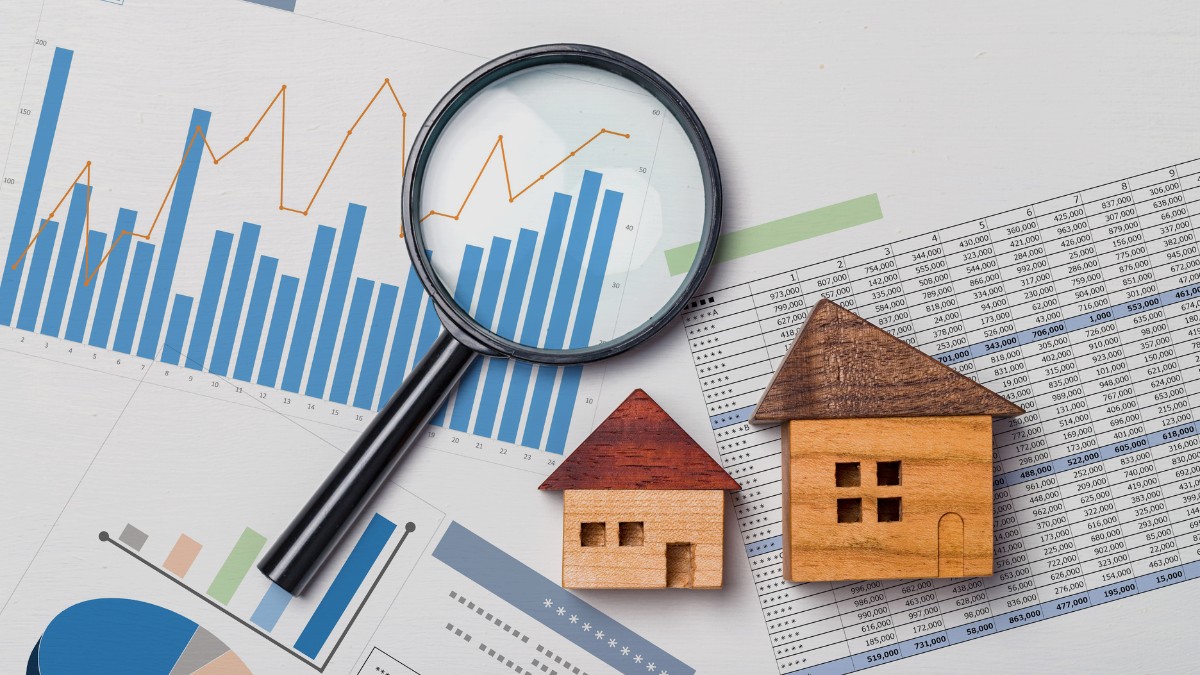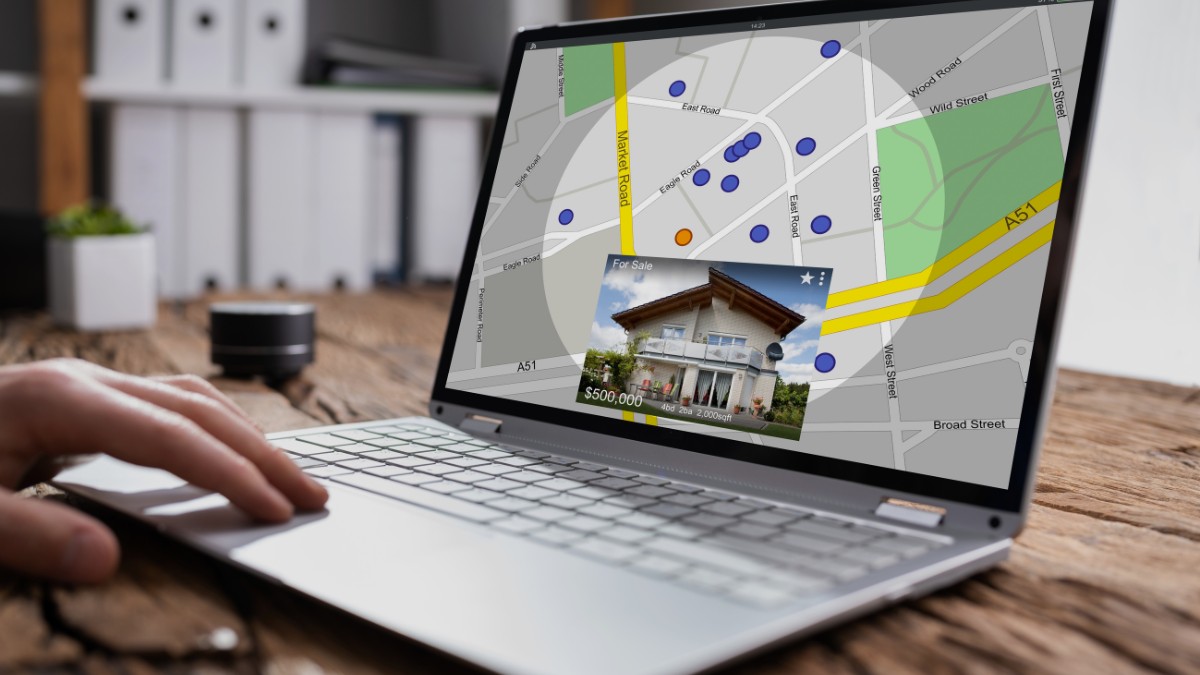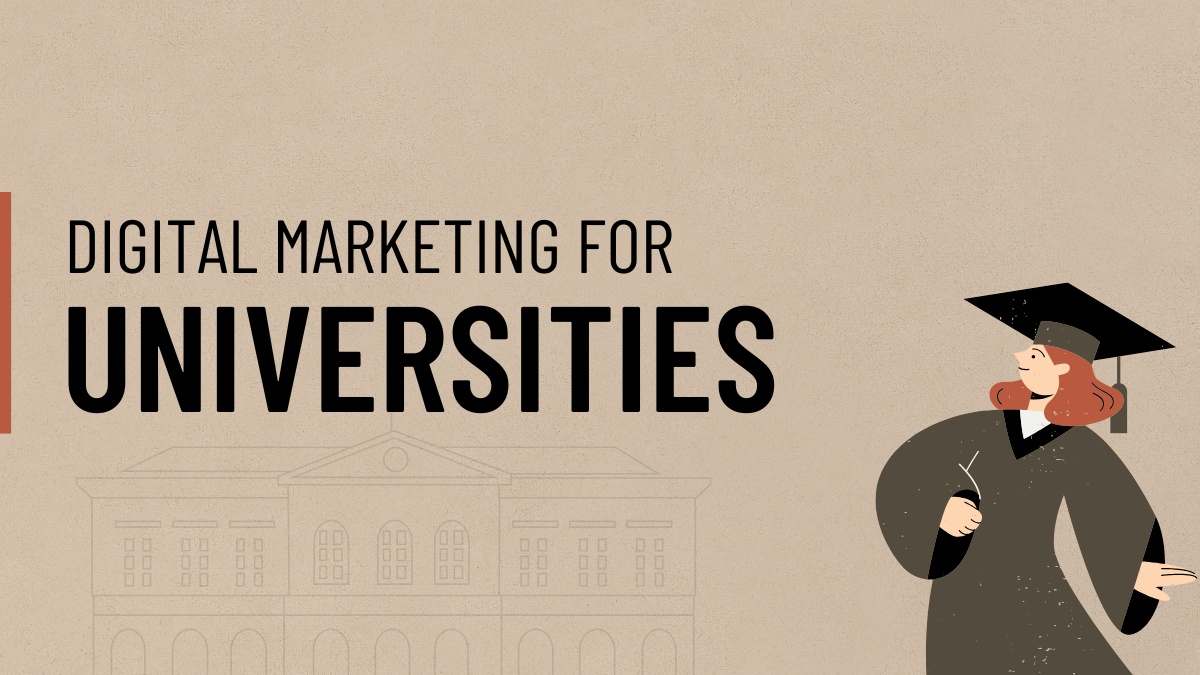
Digital Marketing for Real Estate Agents
Gone are the days when a newspaper ad and a "For Sale" sign were enough to sell a property. Today, your next client is likely scrolling on their phone, searching online for their dream home. This is where digital marketing comes in, and it's a game-changer for real estate agents. If you're new to this, don't worry. This guide will walk you through everything you need to know, in simple terms.
We'll cover why digital marketing is so important for your business and break down the key strategies you can use. You'll learn about social media, email marketing, video content, SEO, and even paid ads. Plus, you’ll get real-world stories, practical tips for building your online presence, and an action plan to help you take your first steps confidently. By the end, you'll have clear, actionable steps to start growing your real estate business online.
What is Digital Marketing and Why Does it Matter?

Think of digital marketing as all the marketing you do online. Instead of billboards and flyers, you're using websites, social media, email, and online advertising to connect with potential clients. For real estate agents, this isn’t just a trend; it’s a necessity.
Why? Because that's where your clients are. According to the National Association of Realtors, nearly all home buyers use the internet during their home search. If you don’t have a solid online presence, you’re missing out on a huge pool of potential buyers and sellers. With digital marketing, you can reach these folks right where they’re looking, build relationships, and show people why you’re the go-to agent in your area. It’s more targeted, more measurable, and often more cost-effective than traditional methods.
Key Digital Marketing Strategies for Real Estate

You don't need to be a tech wizard to use digital marketing. The key is to focus on a few core strategies that deliver the best results for agents. Let’s break them down, with added insights and new approaches you can try.
Social Media Marketing
Social media is more than just posting photos. It's a powerful tool for building a community, sharing valuable insights, and showcasing your listings.
Top platforms for agents:
-
Facebook: Create a business page and use it as your online “home base.” Post listings, virtual tour videos, event invites for open houses, and neighborhood updates. Facebook’s targeted ads let you reach people in specific zip codes, age ranges, or those who’ve shown an interest in moving.
-
Instagram: This platform thrives on high-quality visuals. Post beautiful property photos, short Reels, and Stories that highlight your personality or give tours. Don’t forget about using Instagram Live for Q&A sessions or giving a “behind the scenes” look at staging a home.
-
LinkedIn: Perfect for networking with other professionals and building credibility. Share market trends, collaborate with mortgage brokers, or write short posts on “What every first-time buyer should know.”
Example:
Michelle, a new agent, started posting five photos per week on her Instagram account. She also shared stories each time she attended a community event or new open house. In just three months, she received five quality leads through Instagram messaging alone.
Email Campaigns
Email is a direct way to reach out to clients—it’s your digital handshake. The goal is to help, not just to sell.
-
Collect email addresses via your website, flyers at open houses, and business cards.
-
Send regular newsletters: Include new listings, tips for homebuyers, market updates, neighborhood spotlight features, or home improvement ideas.
-
Personalize! Address your clients by name, and segment your audience (buyers vs. sellers, investors vs. families) for more tailored messages.
-
Use automated email tools to send timely follow-ups to inquiries.
Helpful Tip:
After every open house, send a thank-you note to attendees. Include a couple of useful resources, like a homebuyer’s checklist or links to your latest blog post.
Search Engine Optimization (SEO)
Want people to find you on Google? That’s what SEO is all about—helping your website appear higher when someone searches for a real estate agent in your town.
-
Set up your free Google Business Profile with correct info, photos, and a short description. Ask clients to leave reviews there.
-
Blog about local neighborhoods, housing trends, “How-to-buy” guides, or FAQs. Focus on topics people are searching for.
-
Make sure each page of your website has clear titles, relevant keywords, and your contact info.
Example:
A small agency in Dallas started blogging twice a month about local property taxes, school zones, and best neighborhoods. Soon, they noticed they outranked larger agencies for searches like “Dallas family homes for sale.”
Video Marketing
Video is one of the fastest-growing and most effective digital marketing tools for real estate agents. Many people want to “see” a home before ever scheduling a showing.
-
Create walkthrough videos of your listings for YouTube, Facebook, or Instagram TV. Narrate the key features and benefits of each property.
-
Go live during open houses or to answer common real estate questions. This adds authenticity and builds trust with your audience.
-
Use TikTok or Instagram Reels for quick tips, fun edits, or “day in the life” segments.
-
Film happy clients sharing their experience—that social proof is gold.
Example:
Carlos, a solo agent, started hosting weekly Facebook Live sessions where he discussed new listings, mortgage tips, or answered questions from viewers. His following doubled, and he consistently booked more showings after each video.
Paid Advertising
If you want to quickly boost visibility, digital ads can extend your reach.
-
Facebook and Instagram Ads: Target specific demographics, locations, and interests. Promote new listings or send traffic to your website.
-
Google Ads: Appear at the top when someone searches “realtor near me.” Target with local keywords.
-
Retargeting: Show ads to people who already visited your website but haven’t reached out yet.
Helpful Tip:
Start with a small budget. Test different headlines, images, or videos to see what generates the most engagement or clicks.
Other Smart Digital Strategies
-
List yourself on Zillow, Realtor.com, Trulia, and local Chamber of Commerce websites.
-
Send appointment reminders or exclusives (with permission).
-
Many websites now use simple chatbots to qualify leads or answer questions automatically, even when you’re busy at a showing.
Building a Strong Online Presence

Think of your online presence as your digital storefront—open 24/7.
Your Professional Website
Your website is the home base for all your digital marketing. First impressions count, so keep your site clean, easy to navigate, and mobile-friendly.
Must-have features for your site:
-
About Me Page: Share your journey, credentials, and the values that drive your business.
-
Listings: Keep these updated, with high-quality images, 3D virtual tours, floor plans, and interactive maps if possible.
-
Testimonials and Reviews: Dedicate a page or sidebar to showcase happy clients.
-
Blog: Fresh content helps with SEO and client education. Try topics like “How to Prepare Your Home for Sale” or “The Loan Process Explained.”
-
Contact Form and Chat: Make it super easy for prospects to reach you—consider adding a chat feature or a scheduling tool for consultations.
-
Neighborhood Guides: Offer in-depth guides to local schools, shops, or amenities—this adds tremendous value for people relocating from out of town.
Leveraging Online Reviews
Reviews are today’s version of word-of-mouth. Positive feedback on Google, Facebook, Zillow, or Realtor.com can influence a buyer’s or seller’s decision more than your credentials alone.
-
Ask every happy client for a review—a friendly email and a direct link make it easier.
-
Follow up with a thank-you note or small gift when someone gives you a great review.
-
Feature your best reviews on your website, email signature, and social profiles.
Pro Tip:
Respond to all reviews, positive and negative, in a professional and friendly manner. This shows you care about your clients’ experiences.
Success Stories in Real Estate Digital Marketing
Let’s dive into several real-world examples of how digital marketing transforms real estate businesses:
Story 1:
Monica, a realtor in a slow market, launched a series of Facebook ads featuring virtual tours of her listings. She targeted the ads specifically to renters who were browsing “homes for sale” in her zip code. Within two months, she sold three homes to buyers who originally found her through Facebook.
Story 2:
After getting a quick professional website, Tom listed his new site in every local online directory and optimized it for Google searches related to his suburb. Coupled with twice-weekly blog posts on local events and market trends, his inquiries tripled in six months.
Story 3:
Jasmine used Instagram Reels to answer a common question each week (“How much do I really need for a down payment?”). Her concise answers, paired with visual charts, made her account a go-to resource for first-time buyers—and earned her several referrals from followers she’d never met in person.
Advanced Digital Marketing Tips

Ready to take it further? Try these next-level tactics:
-
Partner with stagers, movers, or local restaurants for cross-promotions. Feature them in your content—they may return the favor.
-
Offer a free downloadable homebuyer checklist or market report in exchange for email sign-ups.
-
Invest in Professional Photos and Video. High-quality visuals stand out and help listings sell faster.
-
Use free tools like Google Analytics to understand where your website traffic comes from, what content works best, and how visitors navigate your site. Adjust your strategies based on these insights.
Final Thoughts
Feeling motivated? Here are seven actionable steps you can take today to get started with digital marketing:
-
Set Up or Update Your Google Business Profile: Fill out every section, add recent photos, and keep your info up to date.
-
Pick One Social Media Platform: Start with Facebook or Instagram. Share behind-the-scenes looks, new listings, and engaging local content.
-
Ask for Reviews: Reach out to a couple of past clients with a polite, personal email (and a direct link!) requesting a review.
-
Brainstorm Five Blog Post Ideas: List top questions clients ask you—then turn these into helpful articles for your website.
-
Start Collecting Email Addresses: Add a pop-up or sign-up box to your site. Send a welcome email that offers value, not just a sales pitch.
-
Make a Simple Video: Record a quick intro, a virtual tour, or a market update. Share it on your social channels.
-
Join Online Directories: Get listed on Zillow, Realtor.com, and any relevant local business directories.
Digital marketing is a marathon, not a sprint. Consistency is more important than perfection. There’s no need to do everything at once. By taking small, regular steps, you’ll build a powerful online presence that attracts new clients and grows your real estate business for years to come.
30 minutes
Expert Consultation
Terms & Agreements
By booking a free 30-minute consultation, you agree to our terms, including scheduling, cancellation policies, and confidentiality. The session provides expert advice without guarantees of specific outcomes or results.






Leave a Reply
Your email address will not be published. Required fields are marked *